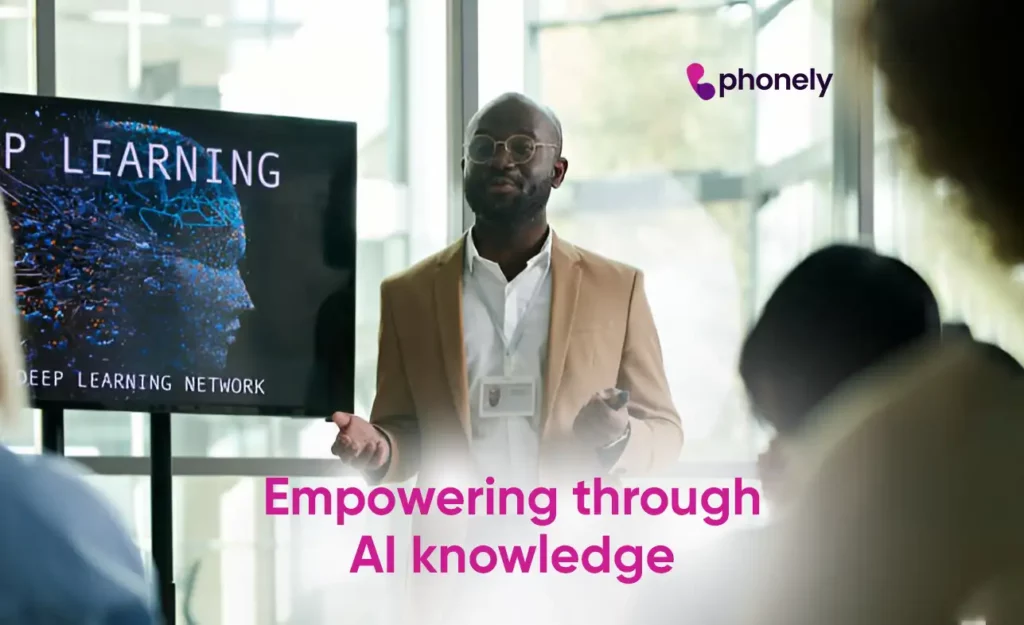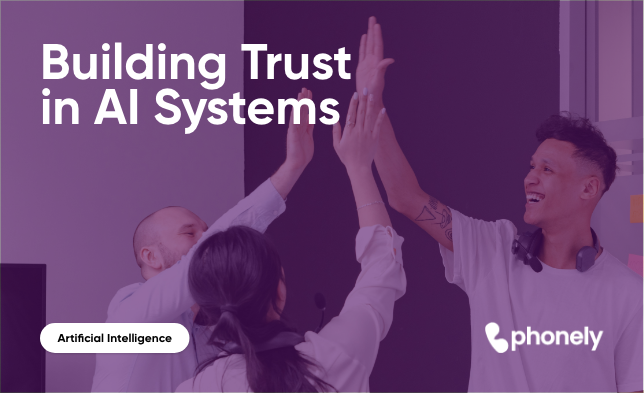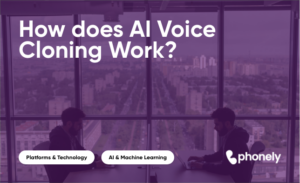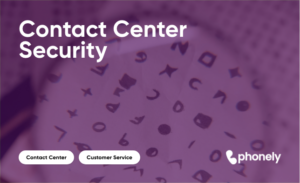As artificial intelligence (AI) models continue to advance and tools based on them continue to permeate various sectors of industry, the question of trust in these systems becomes increasingly paramount. Consequently, organizations that aim to integrate AI technologies into their operations must address the ethical considerations of such technology. This must be done to ensure that it is used responsibly and effectively. Building trust in AI is not just a technical challenge but also an organizational one, involving transparency, fairness, accountability, and understanding of the technology by all stakeholders. This report will delve into strategies and practices that can help build trust in AI within organizations.
Understanding AI and its Benefits

To begin with, the first step in building trust in AI is to demystify the technology. Specifically, organizations should focus on educating their employees about how AI can enhance their work efficiency and effectiveness. The fundamentals of generative AI (words, images and video) should be known to all team members who engage with the technology to leverage it. Notably, AI offers broad benefits such as providing foresight, which can be a critical advantage in decision-making processes (McKinsey & Company).
The Pillars of Trustworthy AI
Furthermore, IBM outlines five key pillars for an organization’s ability to build and earn trust in AI: explainability, fairness, robustness, transparency, and accountability. Explainability is crucial for understanding how AI-led decisions are made, which factors are considered, and the history of a project. This understanding fosters trust among users and stakeholders (IBM). Additionally, fairness ensures that AI systems do not perpetuate biases, while robustness guarantees that these systems are resilient and perform reliably under various conditions. Transparency involves clear communication about how AI systems work and are used, and accountability ensures that there are mechanisms in place to hold systems and their operators responsible for outcomes. Together, these pillars create a comprehensive framework that organizations can follow to cultivate trust in their AI initiatives (IBM).
Strategies for Highly Reliable Organizations
To ensure the reliability of AI systems, organizations must promote awareness of the risks associated with AI at the executive level and among the designers and developers of these systems. Committing to designing trust into every facet of the AI system from the outset is essential (EY).
Establishing Trust Through Data Integrity
Trust in AI technology also hinges on the integrity of the data used by algorithms. Ensuring that data is clean, accessible, and monitored against bias and drift is fundamental. Moreover, educating leadership about AI’s workings can instil confidence in using the technology for decision-making (IBM).
Context and Transparency in AI Predictions

Providing context and transparency around AI predictions is necessary to build user trust. Organizations should strive to show users the top predictive factors in models that lead to predictions, balancing the need for explanation without overwhelming users with excessive detail (Salesforce).
Building Workplace Trust in AI
Global dependency on AI is increasing, but suspicion remains, especially in the workplace. Research from The University of Queensland and KPMG Australia indicates that organizations and business leaders must take proactive steps to build trust in their use of AI at work and encourage employee buy-in (University of Queensland).
Conclusion
Building trust in AI within an organization is a multifaceted endeavor that requires a concerted effort across different levels of the organization. Educating employees about the benefits and workings of AI can dispel myths and foster a practical understanding of the technology. Adhering to the key pillars of trustworthy AI—explainability, fairness, robustness, transparency, and accountability—can establish a foundation of trust. Organizations must also be vigilant about the integrity of the data powering AI systems and provide clear, accessible explanations for AI predictions.
While global efforts to build trust in AI are ongoing, there is a risk of gaps that could lead to misuse or underutilization of AI. Organizations must stay ahead of these challenges by embedding trustworthiness into the design and deployment of AI systems. By doing so, they can leverage AI’s capabilities effectively and responsibly, ensuring that the technology serves as a valuable tool for innovation and progress.








